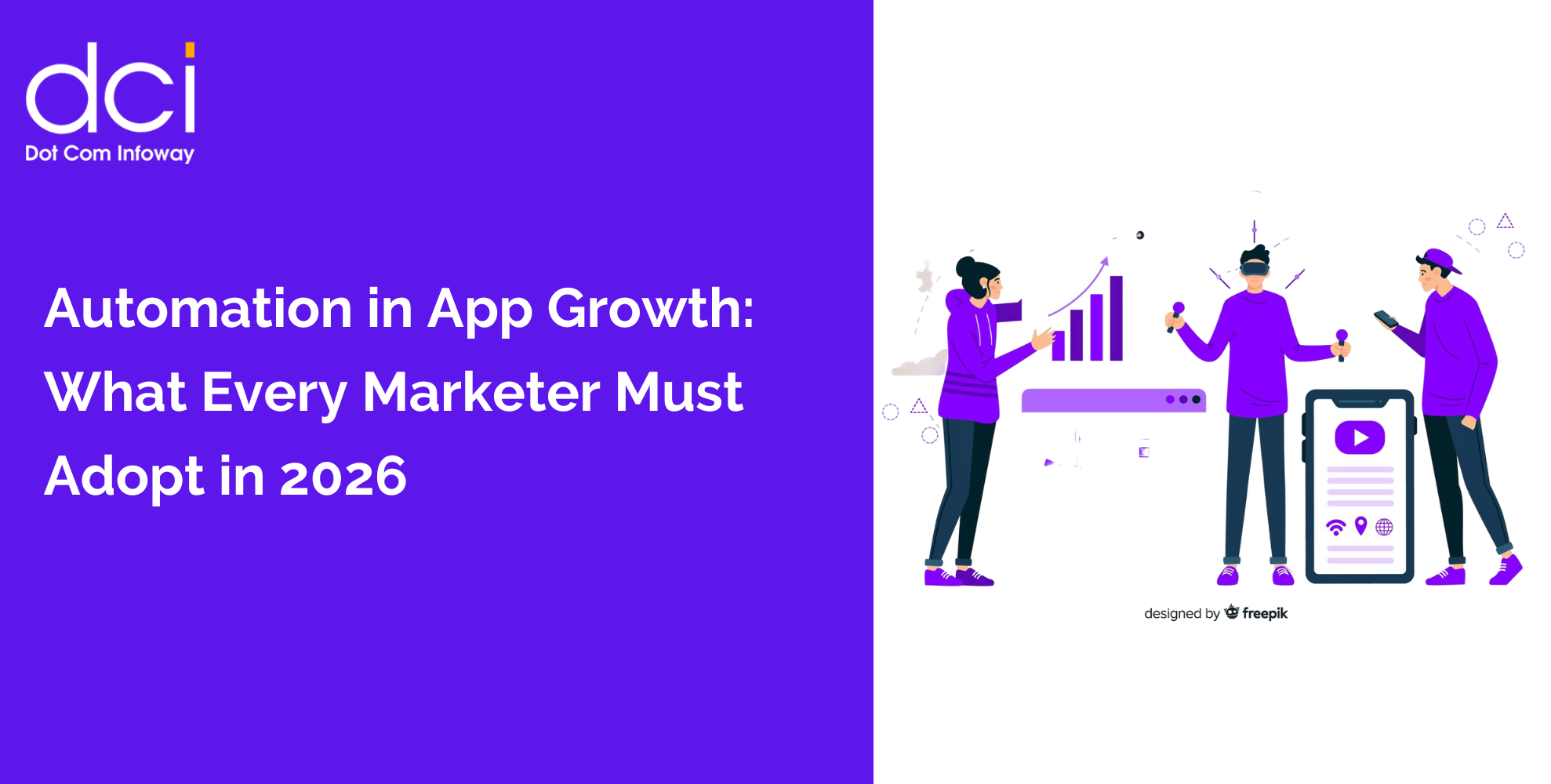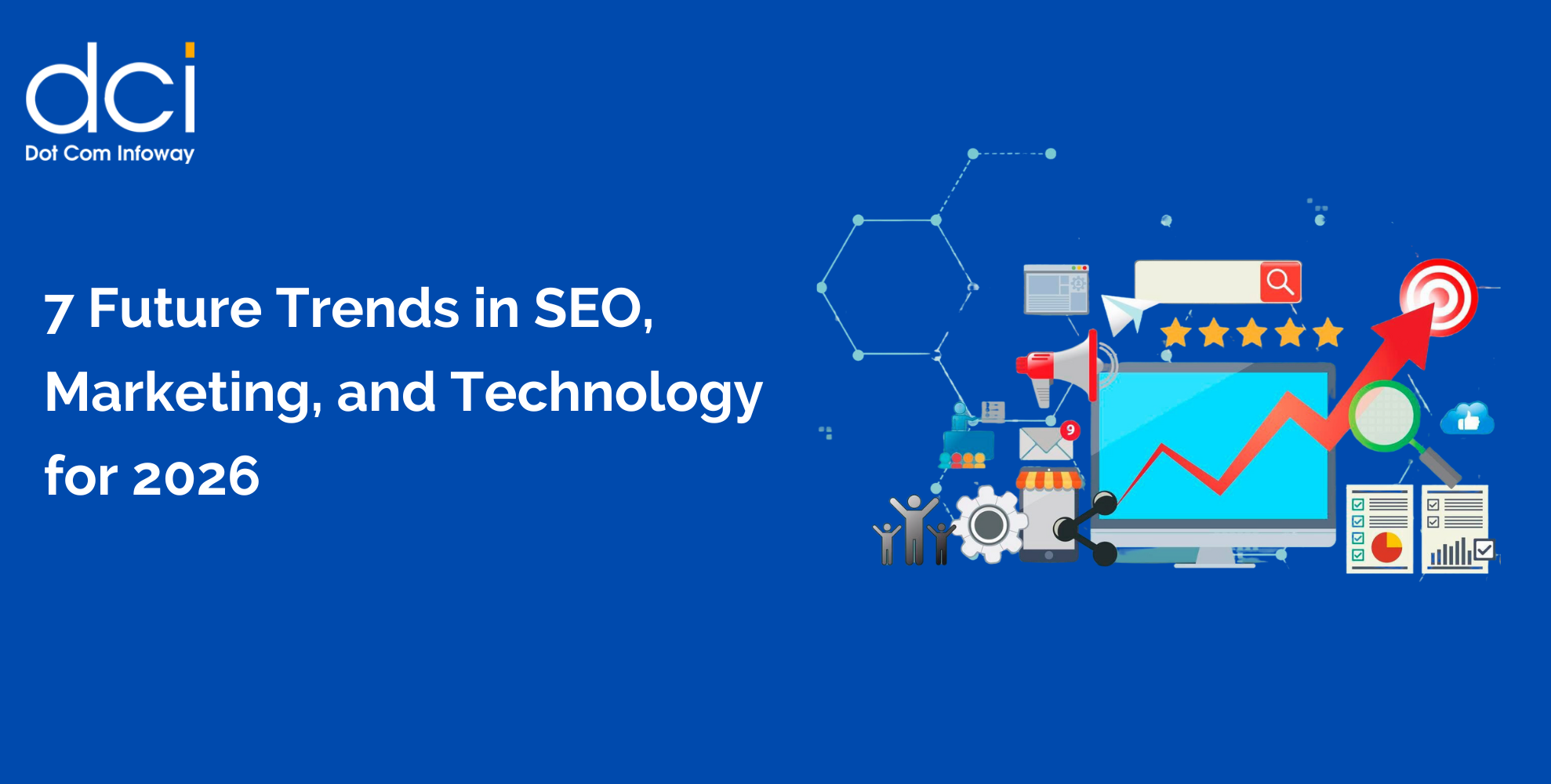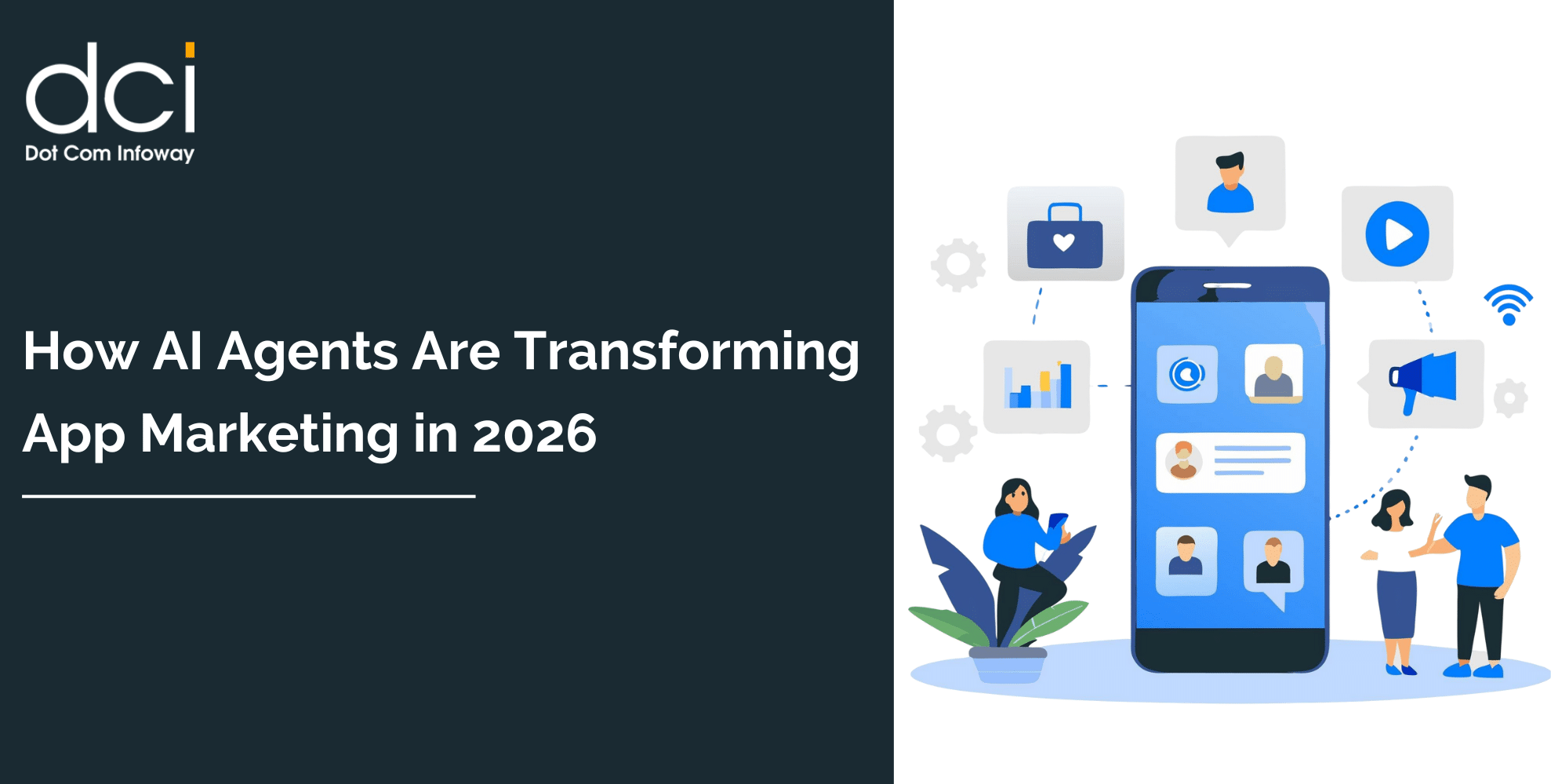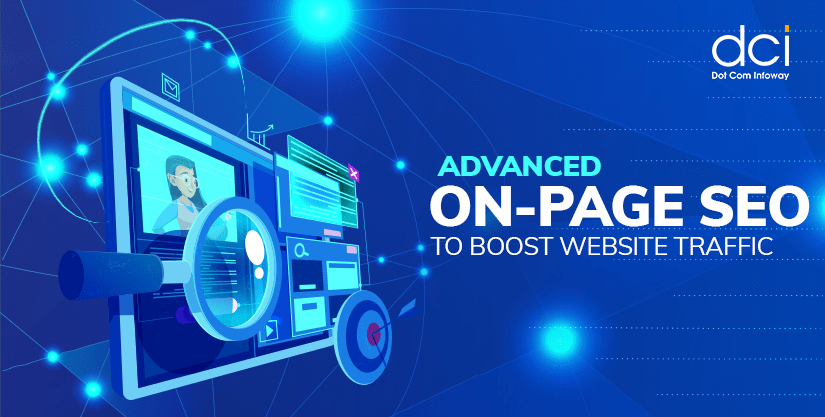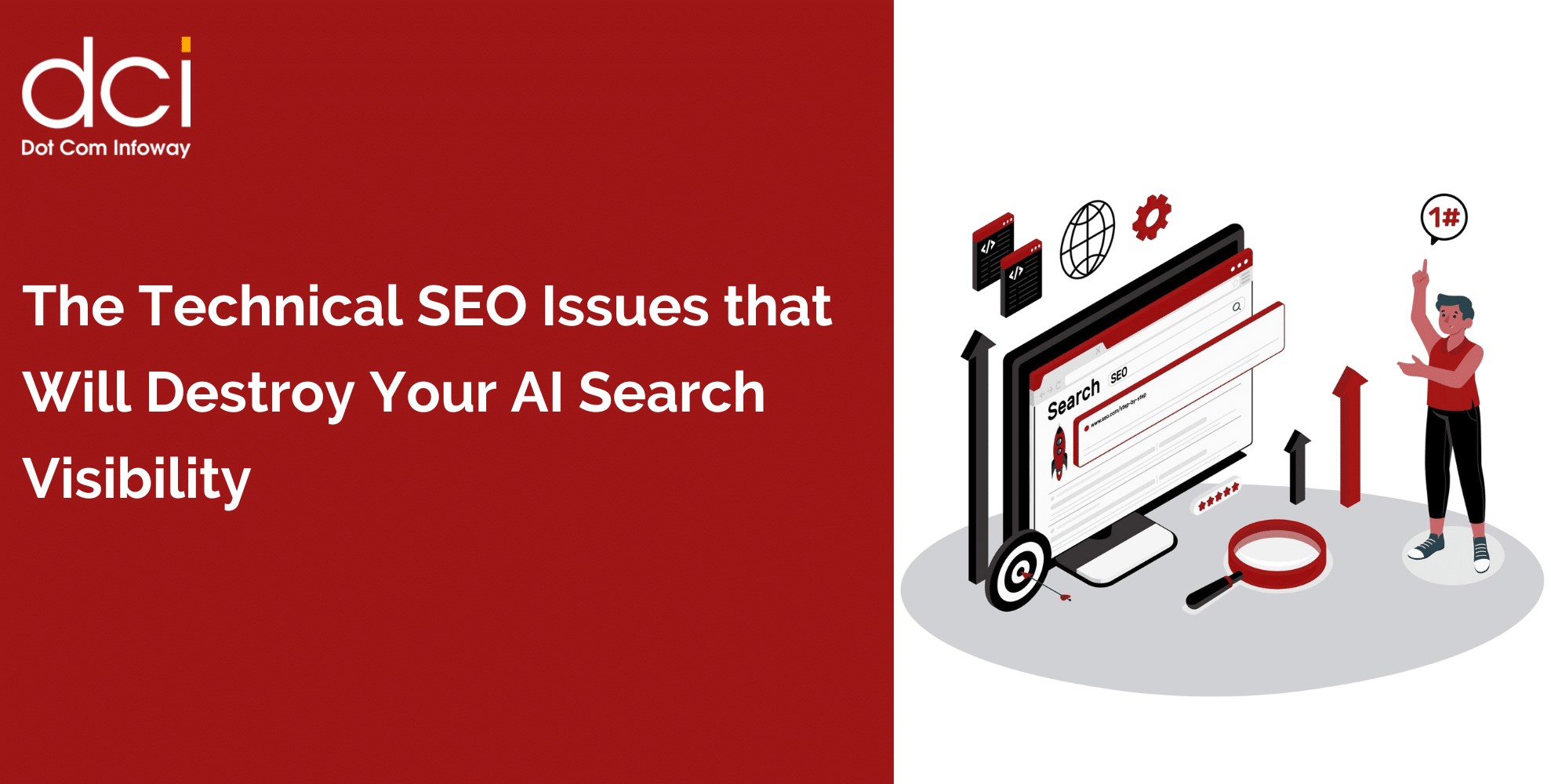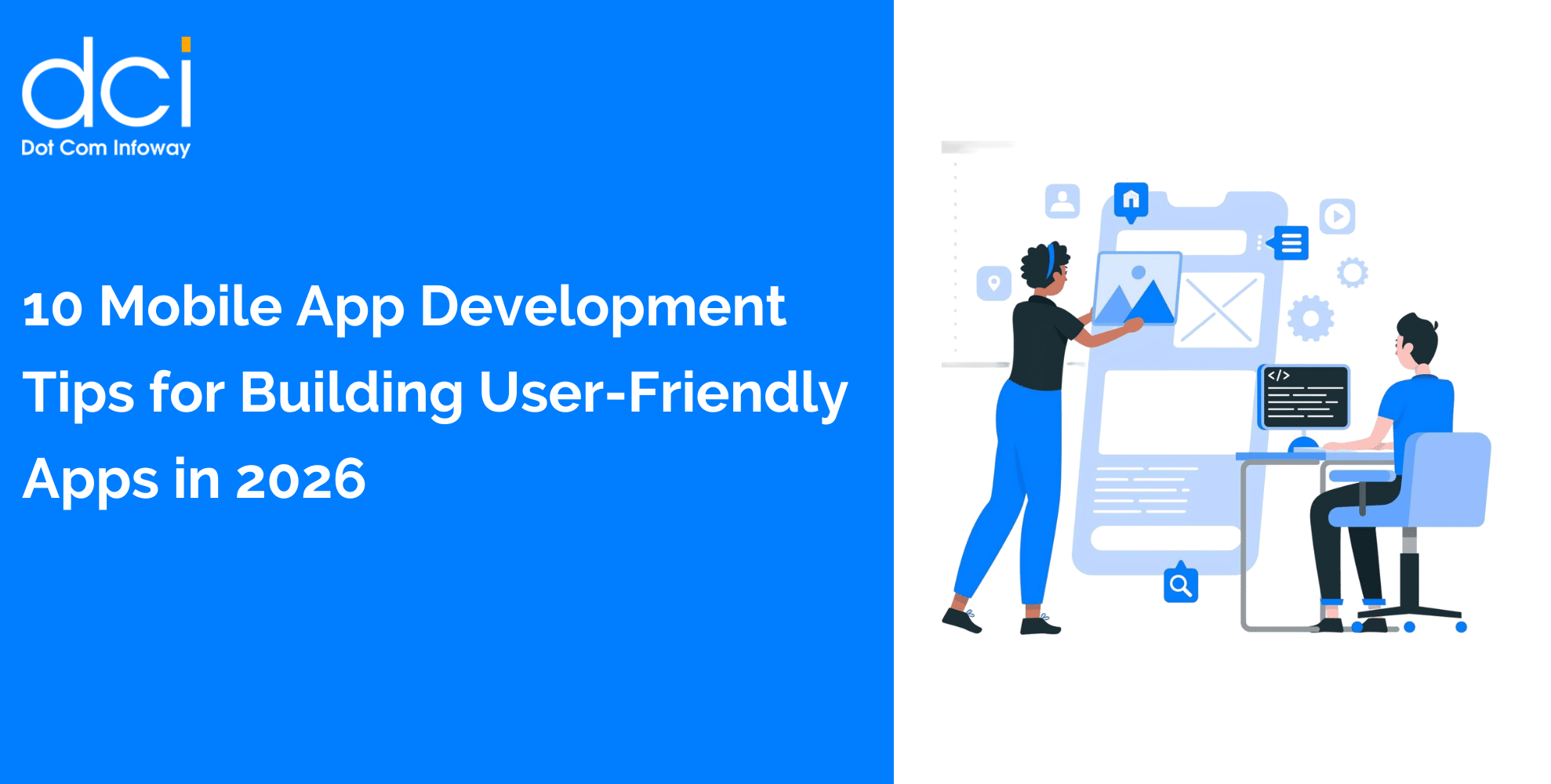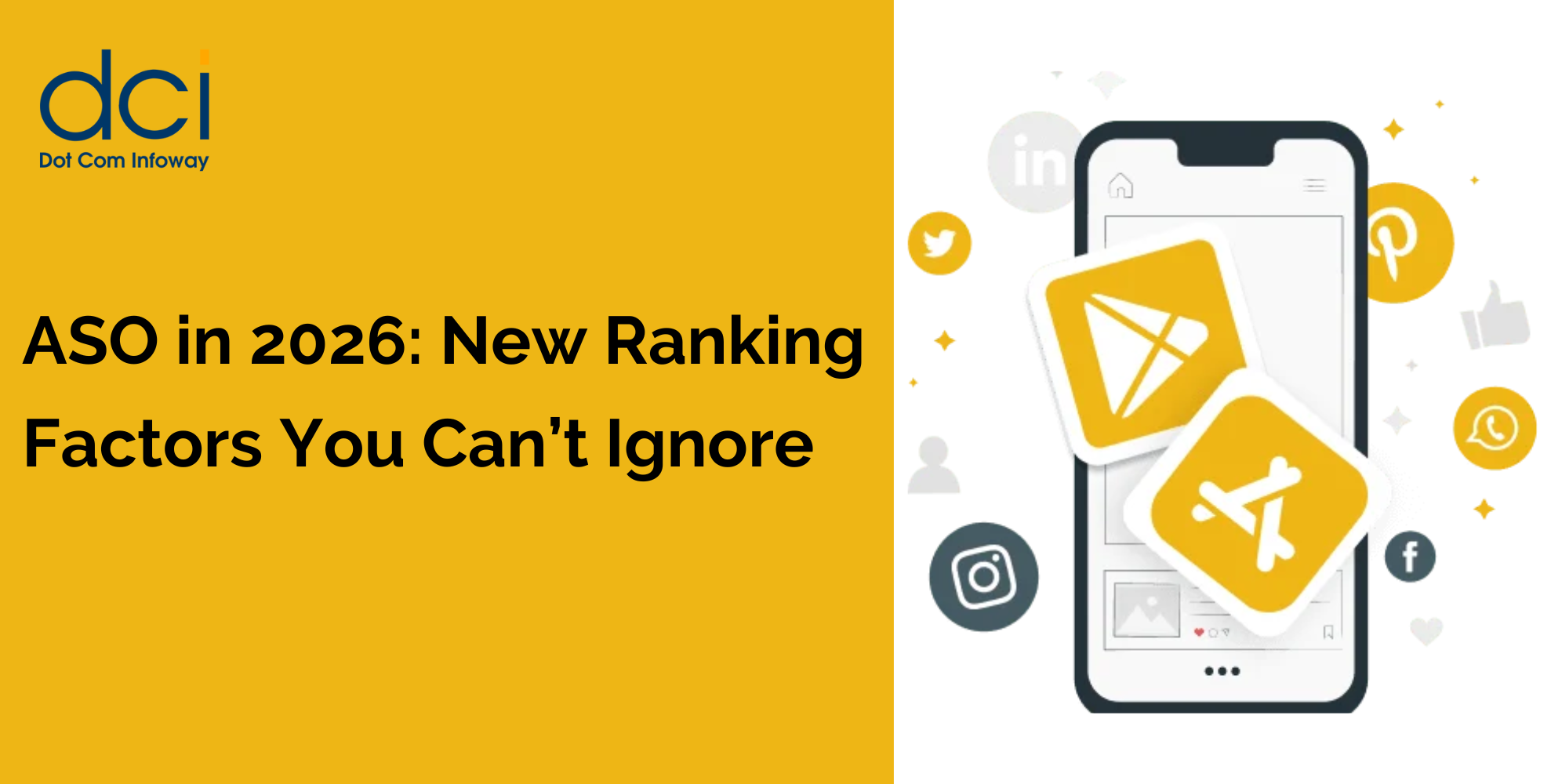What is the IoT?
Simply put, the Internet of Things is the connectedness that devices, machines, and other electronics have with each other and the internet. Imagine a network of physical devices, electronics, cars, home appliances and many other things, monitored by sensors. These sensors allow the status and condition of different machines and other devices to be monitored in real time, creating a constant flow of information. This is possible with the help of connected software, actuators, and sensors.
What is the Impact of IoT on E-Commerce?
The IoT connects machines, appliances, and many other things and the internet serves as the highway that connects all these things. This digital connectedness has lead to a rise in interest in the IoT from retailers. In fact, devices that were once connected by closed circuit, now communicate through an internet network. The IoT provides digital communication through specialized hardware and embedded systems and also allows remote tasks to be performed.
The IoT has had such an impact on e-commerce that the retail investment in IoT is set to hit $2.5 billion by 2020. Furthermore, by 2021 the IoT will have an increased impact on technology in these ways:
- A 68% increase in the e-commerce investment in machine learning and cognitive computing
- A 57% increase in e-commerce investment in automation
Real-Time Inventory
One of the obvious benefits of the IoT is the transparency it creates for inventory and the online shopping experience. Customers are able to shop and view available inventory in real time. Inventory is easily tracked through the use of IoT sensors and RFID tags. As a result, there is less opportunity for human errors. This allows inventory to be monitored and tracked with precision, which helps with reordering inventory.
In fact, the IoT allows detailed information like product type, expiration dates, and other pertinent information to be stored and accessed as needed, without human intervention. This allows products to be reordered through the use of smart shelves that automatically reorder products once inventory has reached a diminished level. This helps to eliminate the occurrence of low inventory or instances where a retailer may run out of stock.
Less Trial and Error
IoT devices do more than connect devices, and machinery through the internet, they also have the ability to track machine or product performance and catch defects and malfunctions. This reduces the trial and error process and allows information regarding a device or machines’ performance to be funneled to the right parties. IoT devices provide detailed information about the malfunction and allow any problems to be ramified quickly and accurately. This enhances the overall customer experience.

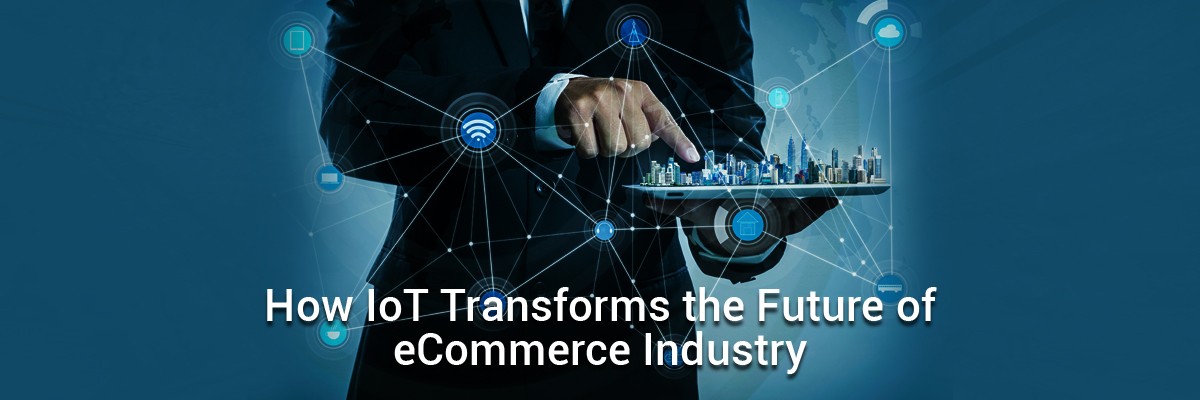
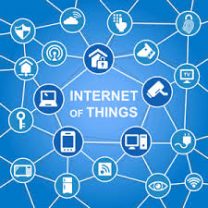




![The Game Marketing Guide: Pre and Post-Launch Strategies [Infographic]](https://www.dotcominfoway.com/wp-content/uploads/2023/09/DCI-Game-Marketing-blog-1.jpg)
